50% of women are working out less: why the time is now for inclusivity in the fitness industry
Less women are working out, despite a huge year for women in sport. As the Lionesses make it to the final for the first time ever, we ask: what more needs to change to level the playing field?
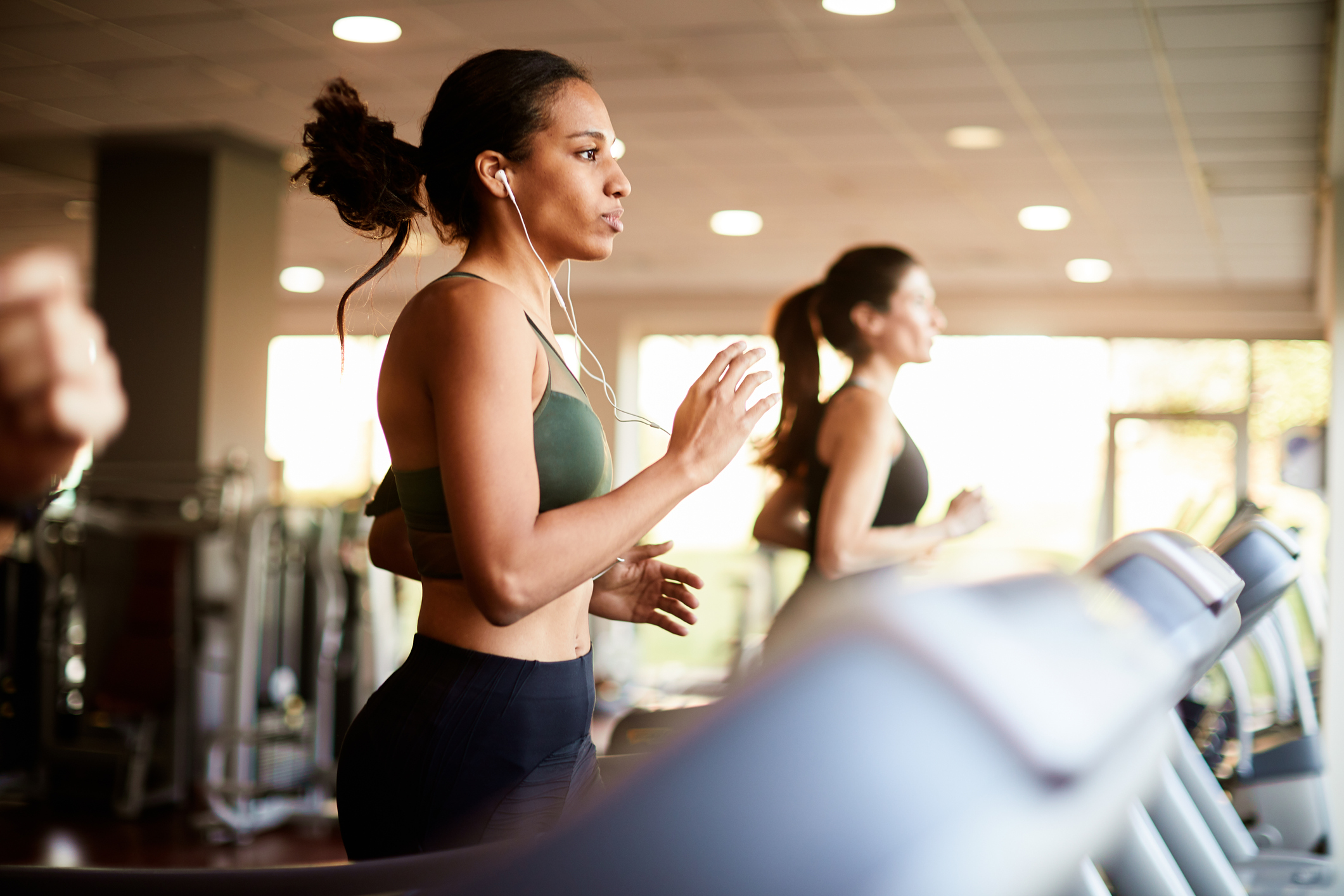
Less women are working out, despite a huge year for women in sport. As the Lionesses make it to the final for the first time ever, we ask: what more needs to change to level the playing field?
You'll likely have caught the Lionesses' 4-0 win against Sweden last night, with a whopper of a goal from Alessia Russo, who managed to score with a back kick without even looking at the goal in the 68th minute.
While there's no doubt that sexism in sport is becoming less prominent - for the first time ever, the BBC ten o'clock news was delayed to stream the Lionesses extra time and the first Tour de Femmes has launched - there's still a long way to go.
Why? Because despite all of this, new stats have shown that far fewer women are exercising now than pre-pandemic.
The newly released Healthier Nation Index from Nuffield Health, which questioned over 8,000 women, reveals that just under 50% of women haven't done any vigorous weekly exercise in the last year. One in seven women say that they’ve “stopped exercising completely”.
Keen to read how we fix the problem? Keep scrolling. Don't miss our guides to mindful movement, fitness trends for 2022, and London's best gym classes, while you're here.
Inclusivity in the fitness industry: why less women are working out than ever
This is because of a range of factors - the study cites lockdown as the catalyst. Another is the fact that, often, the fitness industry just isn't inclusive.
Marie Claire Newsletter
Celebrity news, beauty, fashion advice, and fascinating features, delivered straight to your inbox!
Take the Euro's, as an example - many of the female footballers competing are juggling jobs alongside training just to make ends meet (the men certainly don't have to do this at this level). The UK is facing the worst cost of living crisis ever recorded, and certain gym memberships cost upwards of £250 a month. And that's before you even look at the percentage of BAME individuals given the same opportunities within the industry as their white counterparts.
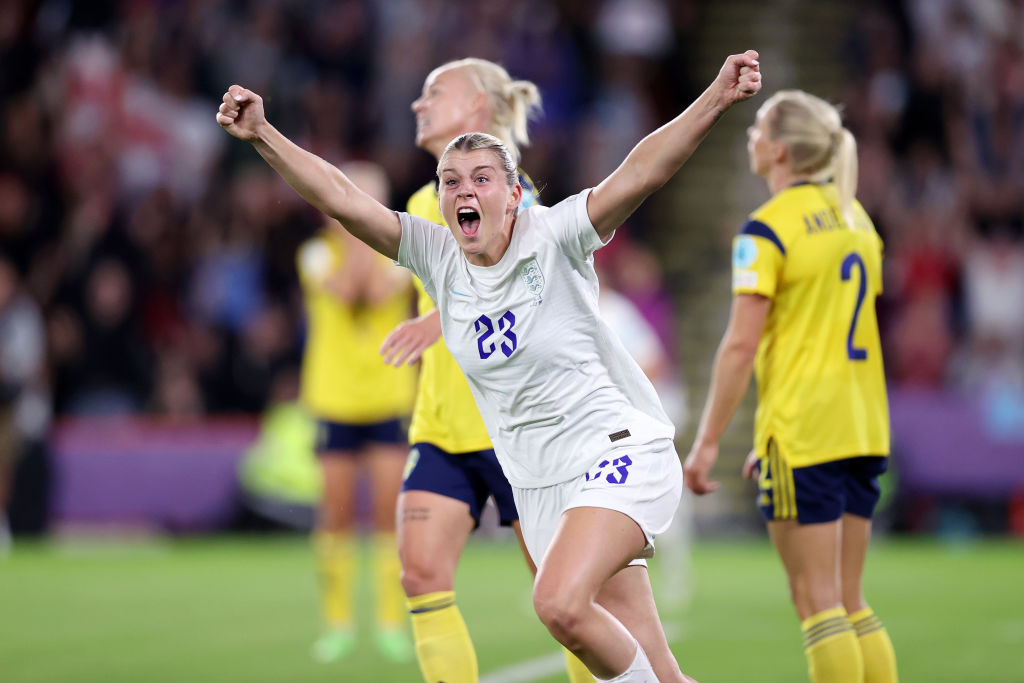
Team sports, fitness and well-being can bring a plethora of positives - from providing a sense of community, boosting both confidence and endorphins, and aiding mental health. But those things can't be exclusively for those who can afford to pay for the gym memberships or replace their kit every six months.
It's time to shake up the narrative around fitness and tackle the importance of inclusivity in the industry head-on.
So what's being done to change this? Speaking exclusively to Marie Claire UK, president of the American Council on Exercise (ACE) and Chief Science Officer Cedric X. Bryant shares that over the past few years, equity, diversity and inclusion have become a more prominent focus in all segments of society. "As COVID-19 makes existing health disparities more apparent and societal shifts bring more attention to systemic problems related to race, gender and other types of diversity, the world seems poised to address previously unseen or ignored issues and move in a more positive direction," he explains.
The National Academy of Sports Medicine (NASM) - one of the biggest educators of personal trainers globally - is starting to make sure that their Disabilities Act guidelines are actually incorporated into their training materials, while Bryant maintains that the ACE and other like-minded organisations are working hard to build a better industry "with a recognition that seeing and defining a problem is the first step toward addressing it."
Next step? Teaching trainers and businesses that small things, like using gender-neutral language and promoting inclusive signage in studios, can make a huge difference to the lives of the individuals visiting said gyms.
Not only that, but further encouraging an open, honest dialogue is essential, he continues.
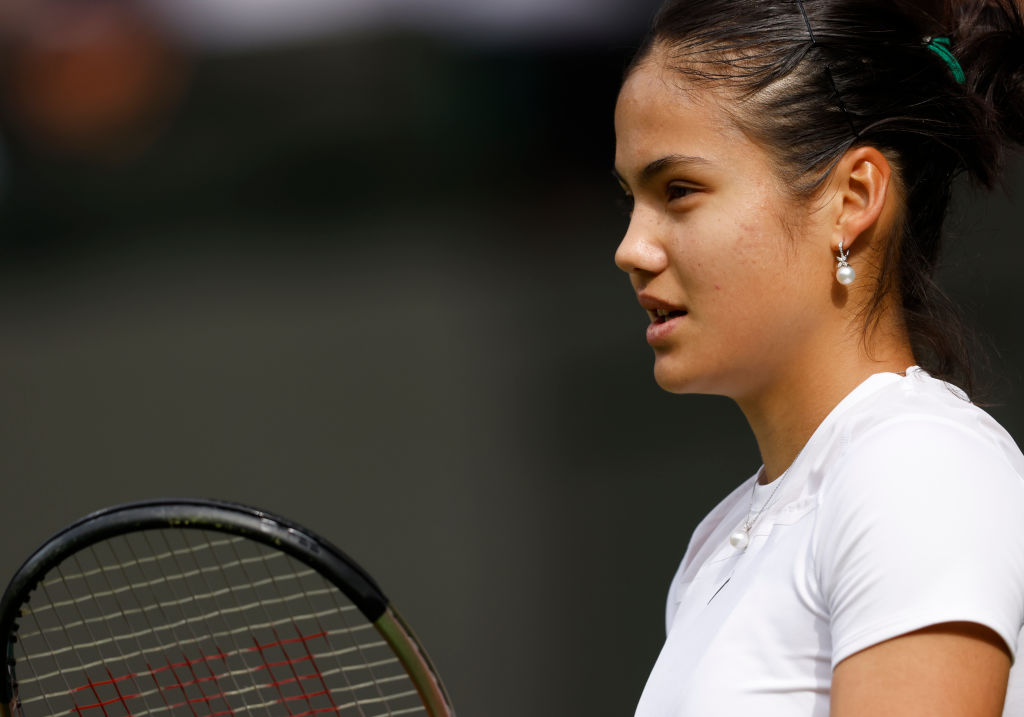
So yes, there is undoubtedly a long way to go - but similarly, more steps are being made than ever before. Every time you see a gym, studio or company modify its hiring practices or add gender-neutral signage to its lockers rooms, every media outlet you see praise the benefits of exercise while featuring a plus-size model, and every time an exercise professional displays empathy or cultural competency is an important victory, shares Bryant.
Next step? To encourage everyone - both working and merely spectating in the fitness industry - to continue to advocate for a more even playing field empowers everyone, regardless of race, gender identity, sexual orientation, body size, or ability. Everyone should be able to enjoy the many benefits of exercising in a welcoming space full of friendly and excited faces, and it's our job to make that space happen.
What are your thoughts?

Ally Head is Marie Claire UK's Senior Health and Sustainability Editor, nine-time marathoner, and Boston Qualifying runner. Day-to-day, she heads up all strategy for her pillars, working across commissioning, features, and e-commerce, reporting on the latest health updates, writing the must-read wellness content, and rounding up the genuinely sustainable and squat-proof gym leggings worth *adding to basket*. She also spearheads the brand's annual Women in Sport covers, interviewing and shooting the likes of Mary Earps, Millie Bright, Daryll Neita, and Lavaia Nielsen. She's won a BSME for her sustainability work, regularly hosts panels and presents for events like the Sustainability Awards, and is a stickler for a strong stat, too, seeing over nine million total impressions on the January 2023 Wellness Issue she oversaw. Follow Ally on Instagram for more or get in touch.
-
 I was told I was too girly to be gay — When will society stop judging women on how we look?
I was told I was too girly to be gay — When will society stop judging women on how we look?Why femme invisibility is a feminist issue
By Roxy Bourdillon
-
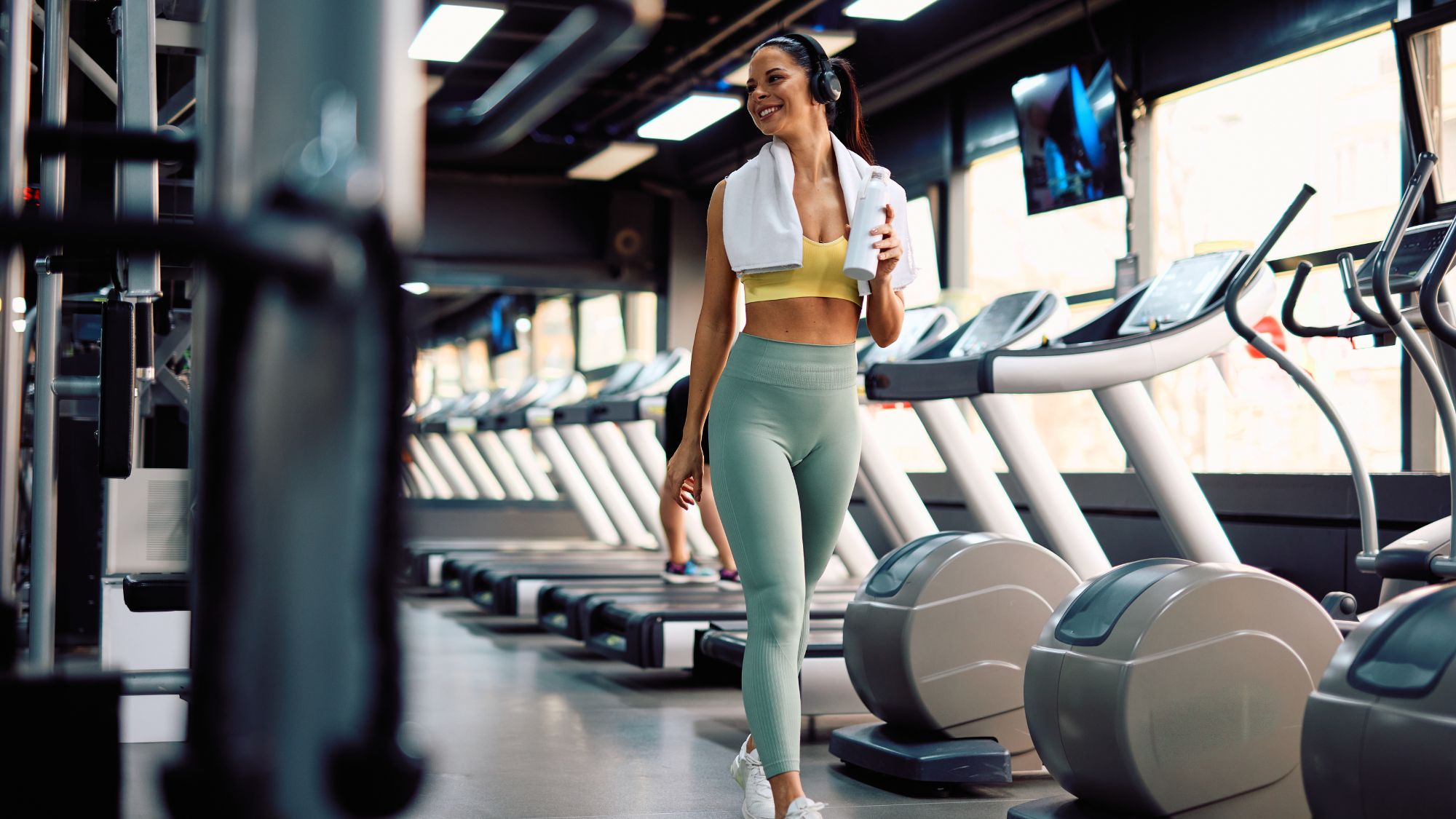 Walking workouts are the hottest form of exercise RN - 5 best walking workouts for beginners to boost fitness and mood
Walking workouts are the hottest form of exercise RN - 5 best walking workouts for beginners to boost fitness and moodYour ultimate guide.
By Katie Sims
-
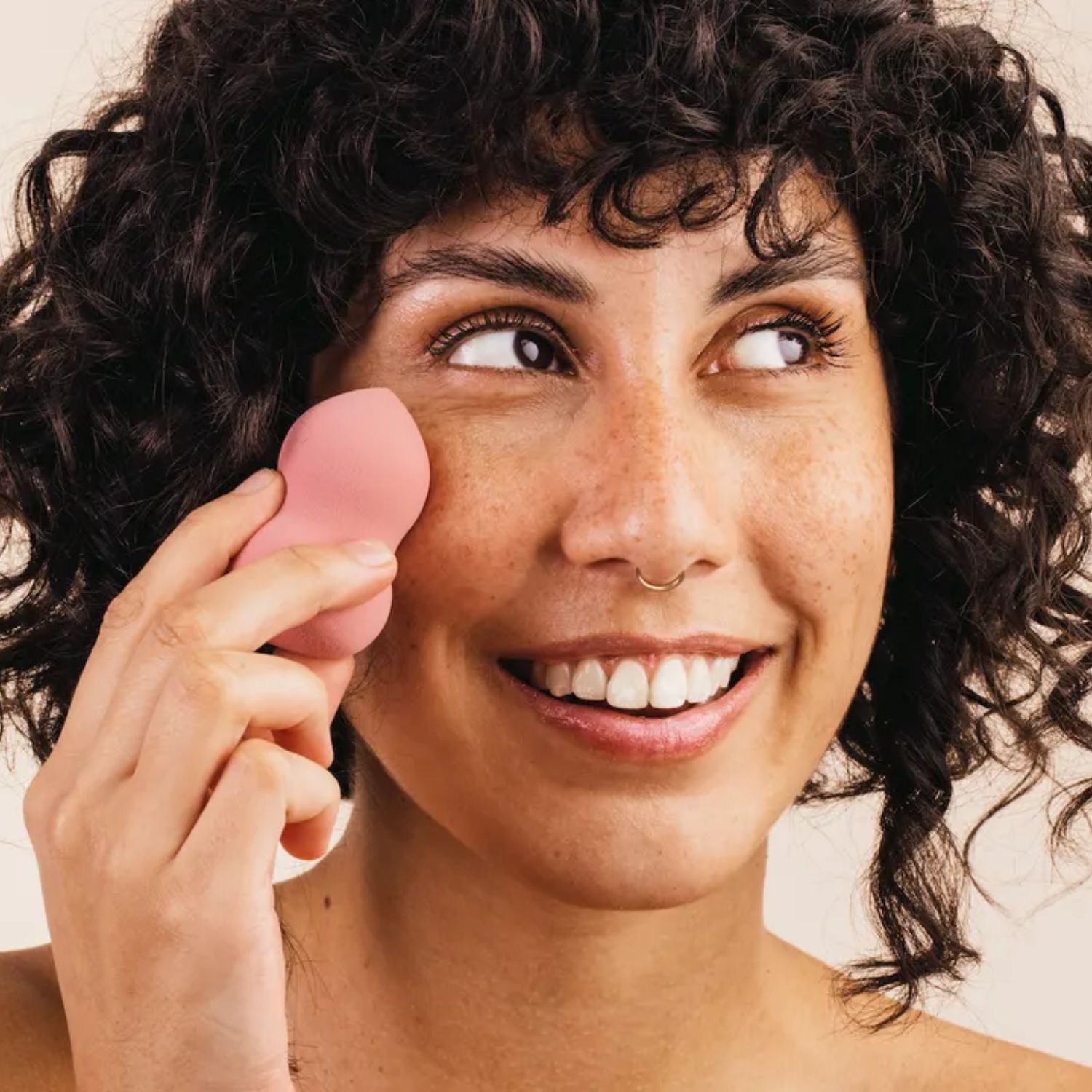 I have no time to be faffing with brushes, but a make-up sponge is an essential in my routine—here are the 6 best
I have no time to be faffing with brushes, but a make-up sponge is an essential in my routine—here are the 6 bestEssential for smooth, seamless skin
By Mica Ricketts